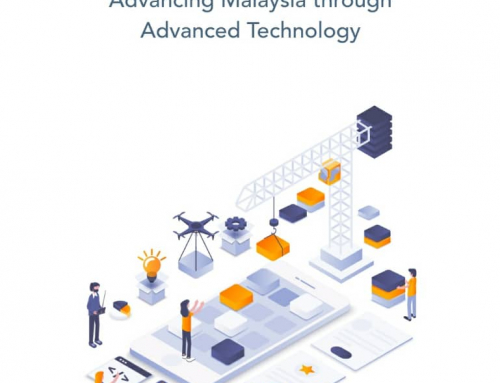
The US$1,999 (RM8,360) Mavic 2 is aimed squarely at an enterprise segment that accounts for more than half of a US$9bil (RM37.6bil) market.
DJI, the world’s top seller of drones for consumers, has snagged a pair of wins in its effort to court businesses.
SZ DJI Technology Co Ltd said its latest industrial gadget – the Mavic 2 – will soon survey power grids for Southern Co, while American Airlines Group Inc will test the craft for plane inspections. Those are important alliances for the Chinese company, which is grappling with a US government shut-out, a potentially damaging patent lawsuit and rising American tariffs.
Privacy is a particularly thorny issue for DJI, one of the few Chinese technology giants that’s made major strides abroad. Escalating US tensions are fueling concerns about the dominance of a Chinese company in unmanned flying craft: the US immigration department has singled it out and the Department of Homeland Security and Federal Aviation Administration warned this month that drone-makers may be accessing sensitive footage of electrical grids and critical infrastructure. The US Army has slapped a temporary ban on DJI and other drone manufacturers.
It’s working on addressing those concerns, said Mario Rebello, DJI’s vice president for North America. “We’re very excited and hope to have some public news soon,” he said. “We customised a solution that meets all their security needs.”
DJI is the runaway leader in consumer drones with almost three-quarters of the market, but in recent years has begun tackling a still fairly wide-open enterprise arena. It’s developed unmanned aerial vehicles for agriculture and surveying as dozens of competitors around the world flood the market with cheap drones, from US$10 (RM42) toys to sub-$100 (RM420) camera-carriers. But the US$1,999 (RM8,360) Mavic 2 is aimed squarely at an enterprise segment that accounts for more than half of a US$9bil (RM37.6bil) market. Among other things, the company’s put out a development kit that lets software developers write applications for specific tasks, similar to the way Apple Inc caters for its iPhones.
DJI commissioned a report this year from Kivu Consulting to address data collection and the facial-recognition capabilities of cameras on its gadgets. The cybersecurity firm concluded that drones it sells in the US only send data, like video captured from the air, to servers within the country, according to a copy of the report.
DJI is now also fighting a US patent lawsuit from Autel Robotics Co that threatens to block sales of all its devices in the country. Regulators began a hearing in September on the claim. Adam Lisberg, a DJI spokesman, declined to comment on the case.
Then there’s Donald Trump’s trade war. DJI’s drones aren’t included on a list of products facing tariffs, but some of the components, such as propellers and batteries, are, according to Rebello. DJI, backed by Sequoia Capital and valued at US$10bil (RM42bil) in its last round of funding, is considering moving some manufacturing out of China or turning to suppliers better shielded from trade tariffs, Rebello said.
“There has been impact,” he said. “At times we’ll share the cost, and at times we’ll pass along the costs.” – Bloomberg






